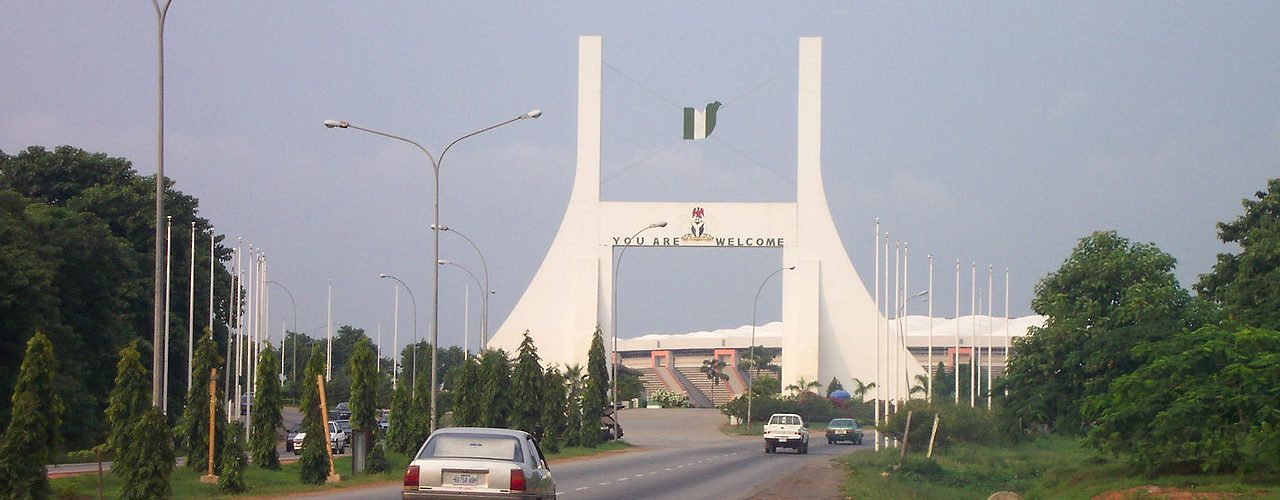- Nigeria’s 2025 VAT reforms, effective January 2026, require foreign digital firms like Netflix and AWS to collect 7.5% VAT on B2C transactions.
- Local tech firms benefit from input VAT recovery and gain a competitive edge as foreign providers face mandatory e-invoicing and fiscalization.
- Foreign investors must comply with stricter regulations but can benefit from incentives like a 5% EDI tax credit and exemptions for small firms.
- The reforms aim to modernize Nigeria’s tax system, balancing compliance with growth opportunities through transparency and targeted incentives.
- The changes level the playing field for local tech firms and create opportunities for startups offering tax automation solutions.
- Foreign investors face increased compliance but gain from reduced tax ambiguity and a minimum effective tax rate for large companies.
Source: ainvest.com
Note that this post was (partially) written with the help of AI. It is always useful to review the original source material, and where needed to obtain (local) advice from a specialist.
Latest Posts in "Nigeria"
- Examining VAT Taxation in Nigeria: Landmark Decisions and Implications for Federalism
- Nigeria Announces 2025 Tax Reforms and Duty-Free Import Updates
- Nigeria FIRS becomes a Peppol Authority
- Nigerian News Agency Announces New Regime Allowing VAT Credits on Assets
- Nigeria Introduces USD300 Duty-Free Threshold for Low-Value Imports Starting September 2025














